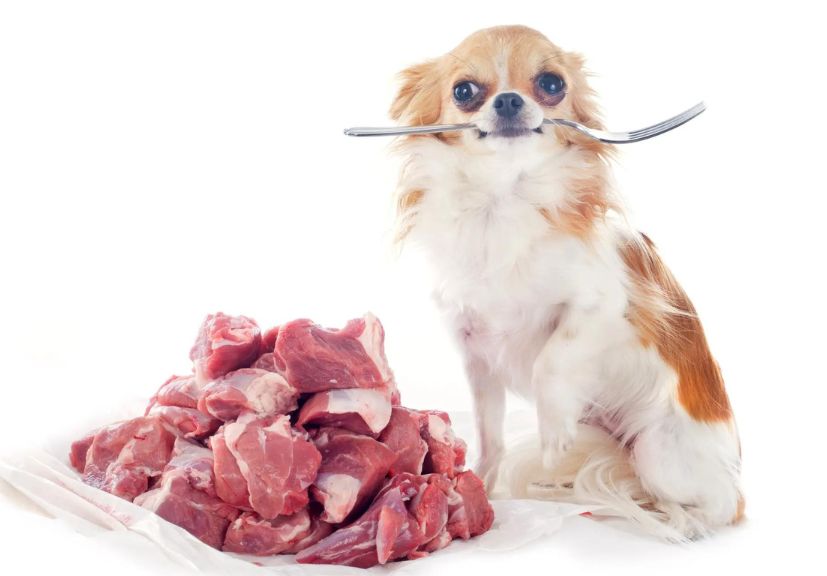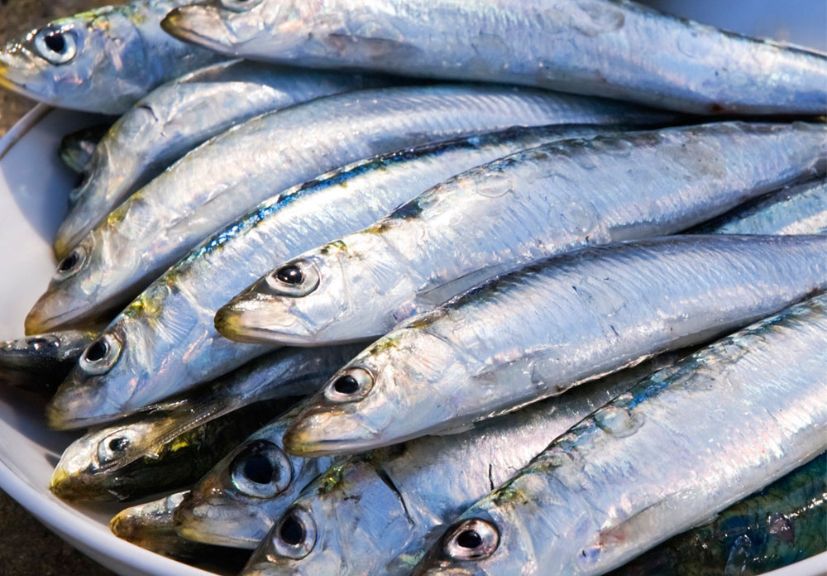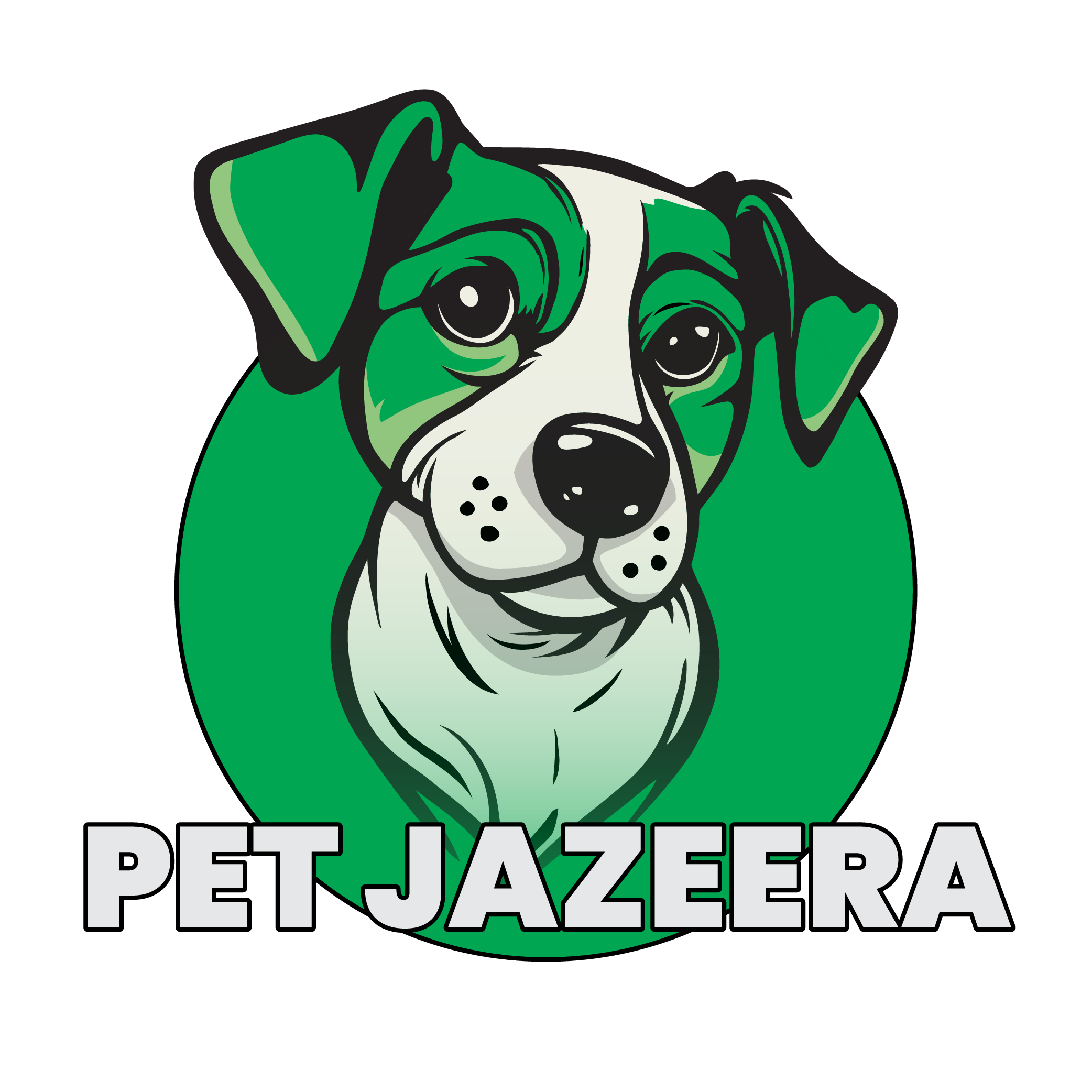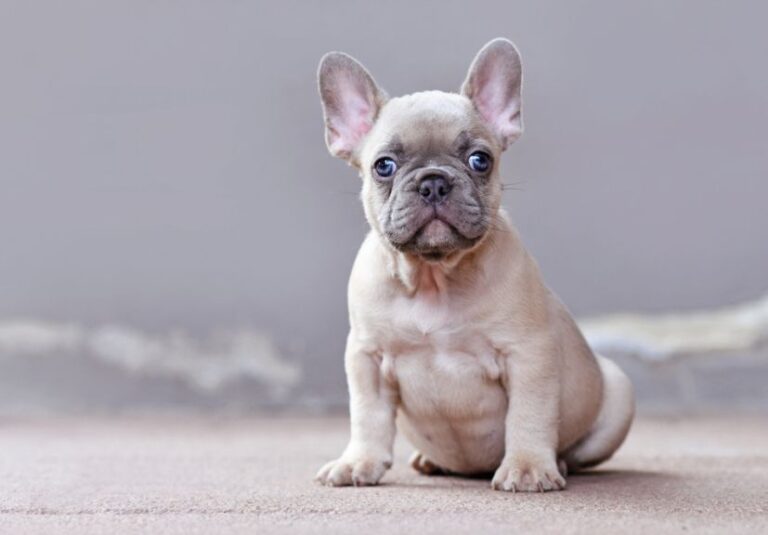Dog-Safe Foods Harmful to Humans
Dogs have a unique digestive system, allowing them to eat certain foods humans should avoid. While these foods provide dogs with essential nutrients and health benefits, they can pose serious risks to humans. In the following sections, we’ll discuss each of these foods in detail so you can better understand why they are safe for your dog but not for you.
Raw Meat

Eating meat raw puts humans at risk of contracting infectious diseases and stomach turn, but it’s a natural part of dogs’ diet. Dogs have a shorter digestive tract and a highly acidic stomach, which allows them to process raw meat without the risk of bacterial infections like Salmonella or E. coli. On the other hand, humans should steer clear of eating raw meat because it can lead to severe food poisoning and other health complications. Up next, we’ll discuss why bones are great for dogs but not so much for humans.
Bones
Bones are another item that might seem off-limits to us, but dogs can gnaw on them with joy. Chewing on bones keeps a dog’s teeth clean and provides them with a good source of calcium. However, for humans, chewing on bones can be dangerous. Bones can splinter and cause injuries or blockages in our digestive tract, making them a no-go for us. Moving on, we’ll see how something as simple as raw eggs can be a healthy dog treat but a risky choice for humans.
Raw Eggs

Raw eggs might make you think of bacteria and biotin deficiency, but for dogs, they are a source of protein and healthy fats. Dogs can safely consume raw eggs without the same risks humans face, such as Salmonella poisoning or interference with biotin absorption. However, humans should be cautious with raw eggs, which can carry harmful bacteria that lead to foodborne illness. Next, talk about why organ meat is a nutrient powerhouse for dogs but could be better for humans.
Organ Meat
Organ meat, such as liver and kidneys, is packed with vitamins and minerals that are incredibly beneficial for dogs. These parts of the animal provide essential nutrients that support a dog’s overall health. However, for humans, consuming large amounts of organic meat can be problematic due to its high cholesterol content, which may lead to heart disease. Additionally, an excess of specific vitamins, like vitamin A, can be toxic to humans. In the next section, we’ll explore why certain types of fish, like sardines, are suitable for dogs but should be eaten cautiously by humans.
Certain Fish (e.g., Sardines)

Sardines and other small fish are rich in Omega-3 fatty acids, which are excellent for dogs’ coat health and joint support. Dogs can enjoy these fish without worry because they are less prone to mercury poisoning than humans. However, humans need to be cautious with fish-like sardines due to the potential for mercury accumulation and the risk of parasites. Now, Let’s look at why the liver, although nutrient-dense, should be consumed differently by dogs and humans.
Liver
The liver is another type of organ meat that is highly beneficial for dogs. It’s loaded with vitamins A, B, and iron, which are crucial for a dog’s health. However, humans need to be careful with the liver because overeating can lead to vitamin A toxicity, a severe condition that can cause liver damage and other health problems. On the other hand, dogs can tolerate higher vitamin A levels without issue. Next up, we’ll discuss why chicken feet are great for dogs but not something you’d want to snack on.
Chicken Feet
Chicken feet might not be on your grocery list, but they are a famous dog treat. They are rich in glucosamine, which supports joint health in dogs. Chewing on chicken feet also helps clean a dog’s teeth. However, eating chicken feet might be off-putting for humans due to their texture and potential hygiene issues. While they benefit dogs, they’re best left out of the human diet. Now, let’s explore how certain herbs, like parsley, can be safe for dogs but might cause issues for humans.
Certain Herbs (e.g., Parsley)
Parsley is more than just a garnish—an herb that can freshen a dog’s breath and provide vitamins A and C. While dogs can benefit from small amounts of parsley, humans should be cautious as it can cause allergic reactions or interact with certain medications. What’s beneficial for dogs isn’t always safe for humans. Next, we’ll discuss a less common but very nutritious dog food: tripe.
Tripe
Tripe, the stomach lining of a cow, might sound distasteful to us, but for dogs, it’s a nutrient-rich food that promotes a healthy gut. Dogs thrive on tripe because it contains digestive enzymes and beneficial bacteria. For humans, however, the pungent smell and potential hygiene concerns make tripe less appealing and not worth the risk. Finally, let’s talk about why garlic, in small amounts, can be good for dogs but harmful to humans.
Garlic in Small Quantities
You might be surprised to hear that garlic can benefit dogs in small amounts. It can boost the immune system and help fight off certain infections. However, consuming too much garlic can lead to blood clotting issues and other health problems for humans. Knowing the proper dosage for dogs and why it’s unsafe for humans in more significant amounts is essential.
Foods That Dogs Cannot Eat
Certainly! Here’s a list of toxic foods that are dangerous for dogs:
- Chocolate
- Grapes and Raisins
- Onions and Garlic
- Alcohol
- Xylitol (found in sugar-free gum)
- Avocado
- Caffeine (coffee, tea)
- Macadamia Nuts
- Cooked Bones
- Raw Yeast Dough
These foods can cause serious health issues for dogs, so keeping them out of their reach is essential.
Healthy Dogs Foods
Some foods can be a great addition to your dog’s diet, providing essential vitamins and nutrients. Here’s a list of some healthy foods that are safe and nutritious for dogs:
- Carrots
- Blueberries
- Pumpkin
- Sweet Potatoes
- Salmon
- Green Beans
- Apples (without seeds)
- Plain Yogurt
- Chicken (cooked and unseasoned)
- Oatmeal
Safety Precautions for Dog Owners
While it’s fascinating to learn about the different foods dogs can safely enjoy but humans should avoid, it’s crucial to approach your dog’s diet cautiously. Always consult your vet before introducing new foods to your dog’s diet, even those mentioned in this blog. Moderation is essential, and what’s beneficial for your dog in small amounts might be harmful in excess. Remember, your dog’s health and safety should always come first.
Conclusion
In conclusion, understanding the dietary differences between dogs and humans is essential for responsible pet ownership. While dogs can enjoy a variety of foods that are off-limits to us, it’s necessary to know why these foods are safe for them and not for us. By being informed, you can ensure that your dog stays healthy and happy while avoiding any potential risks to yourself. If you have any questions or concerns about your dog’s diet, consult your veterinarian or leave a comment below. We’re here to help you make the best choices for your furry friend!
FAQs
What are the reasons for constant appetite in dogs?
Constant appetite in dogs can be due to various reasons, including metabolic disorders, parasites, hormonal imbalances, or behavioral issues. Consult a vet to identify and address the underlying cause of your dog’s constant appetite in dogs.
How long can a dog survive without food and water?
Many leave this query “How long can a dog live without water and food?” A dog can survive without food for about 3 to 5 days, but survival is typically only 1 to 3 days without water. The duration depends on the dog’s health, size, and environmental conditions. Ensure pets can access fresh water and food to avoid serious health issues.
Can dogs eat cheese?
Yes, dogs can eat cheese in moderation. Cheese is high in protein and calcium, which can benefit dogs. However, too much cheese can lead to digestive upset due to its high-fat content. Always introduce new foods slowly and observe your dog’s reaction.
Is it safe for dogs to eat plain popcorn?
Plain popcorn, without butter or salt, can be a safe and occasional dog treat. It provides a bit of fiber and is low in calories. However, ensure the popcorn is fully popped to avoid choking hazards.
Is honey safe for dogs?
Yes, honey is generally safe for dogs in small amounts. It contains natural sugars and can provide a quick energy boost. However, avoid giving honey to puppies under one-year-old or dogs with diabetes, as it can affect their blood sugar levels.




